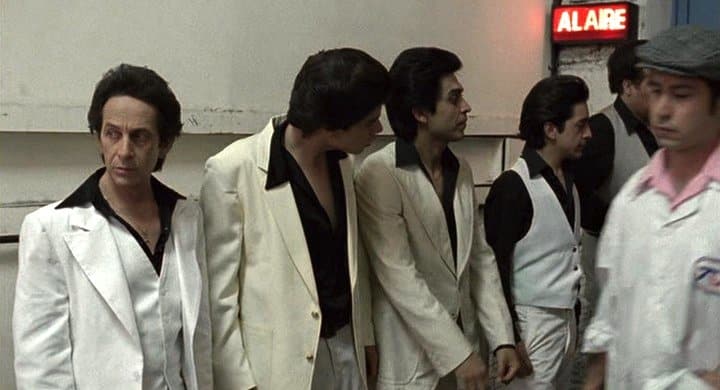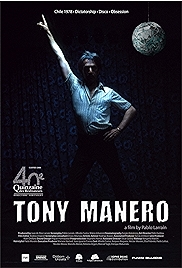A movie for every day of the year – a good one
16 October
Former Chilean president Pinochet arrested, 1998
On this day in 1998, Augusto Pinochet, the former president of Chile, was arrested in London, having been indicted by a Spanish judge of crimes against the human rights of his countrymen. It was the first time that European judges had applied the principle of universal jurisdiction, which asserts that states or international organisations can lay claim to legal authority over somebody, regardless of where the crime took place. The most notable use of the principle to date was in the trial of Nazis at the Nuremberg Trials after the Second World War, many of whom refused to recognise the court, arguing that they could not be tried for acts which weren’t criminal at the time they were committed, in the territory where they were committed. Pinochet claimed something slightly different: that he had immunity from prosecution for the deaths of thousands of people killed by his government, and the many thousands more who were tortured, because he was a former head of state, and that a Chilean general amnesty of 1978 had in any case removed the crimes from the slate. Furthermore, Pinochet’s counsel argued that the former president was unfit to stand trial; he was in London to have an operation on his back and was arrested at the clinic. After around 15 months of back and forth, Pinochet’s medical condition finally earned him repatriation to Chile. When he arrived at the airport, he stood up out of the wheelchair he was supposedly confined to. Over the next few years, the Chilean government gradually moved from a position of protecting the former president, and gradually stripped him of various immunities. In time, Pinochet was charged with political assassination, murder, kidnapping and torture, but died before he could be tried, in 2006. Allegations have also been made accusing him of fraud, tax evasion, the illegal trafficking of biological and chemical weapons, cocaine smuggling and arms dealing.
Tony Manero (2008, dir: Pablo Larrain)
A rebuff to those who still pine for the stable days of General Pinochet, Pablo Larrain’s angry but eloquent entertainment stars Alfredo Castro as Tony Manero, a Saturday Night Fever fan who has borrowed the name of John Travolta’s character in that movie but wears the disappointments of 52 years of life on his face. Tony is an opportunistic scumbucket who kills an old lady, riffles through the pockets of a bagsnatcher killed by the police, makes a disco glitterball by sticking bits of broken mirror on an old football. Glamorous he ain’t, unless you find the sight of a man practising his dancefloor moves in his grubby underwear alluring. If you fancy going for the allegory, Tony represents the ease with which people can fall for someone like Pinochet, how they can become enthralled by a bit of tawdry tat, as Tony is with flashing dancefloors and as various women are with this crimson-shirted John Travolta wannabe. A dour movie that’s the Latin cousin of Cristian Mungiu’s 4 Months, 3 Weeks, 2 Days, Tony Manero presents one glum scene, then follows it up with something worse, and on, down, down until its vision of emotional poverty, moral squalor and lives lived at second hand is complete. That said, it’s not without an awareness that there’s something pretty funny going on too – the scene in which Tony turns up for a John Travolta lookalike competition only to find it’s a Chuck Norris lookalike competition, for example. It’s Larrain’s best film to date, obviously not exactly a barrel of cackling monkeys, but by the end, as the Bee Gees Stayin’ Alive cranks up yet again, the point has been made. Alive, yes, but at what cost?
Why Watch?
- A film about disco that’s alive to its various political nuances
- The best film, and best place to start, with the films of Pablo Larrain
- Dark comedy jostles with real brutality
- Alfredo Castro’s slow-reveal performance
Tony Manero – at Amazon
I am an Amazon affiliate
© Steve Morrissey 2013

